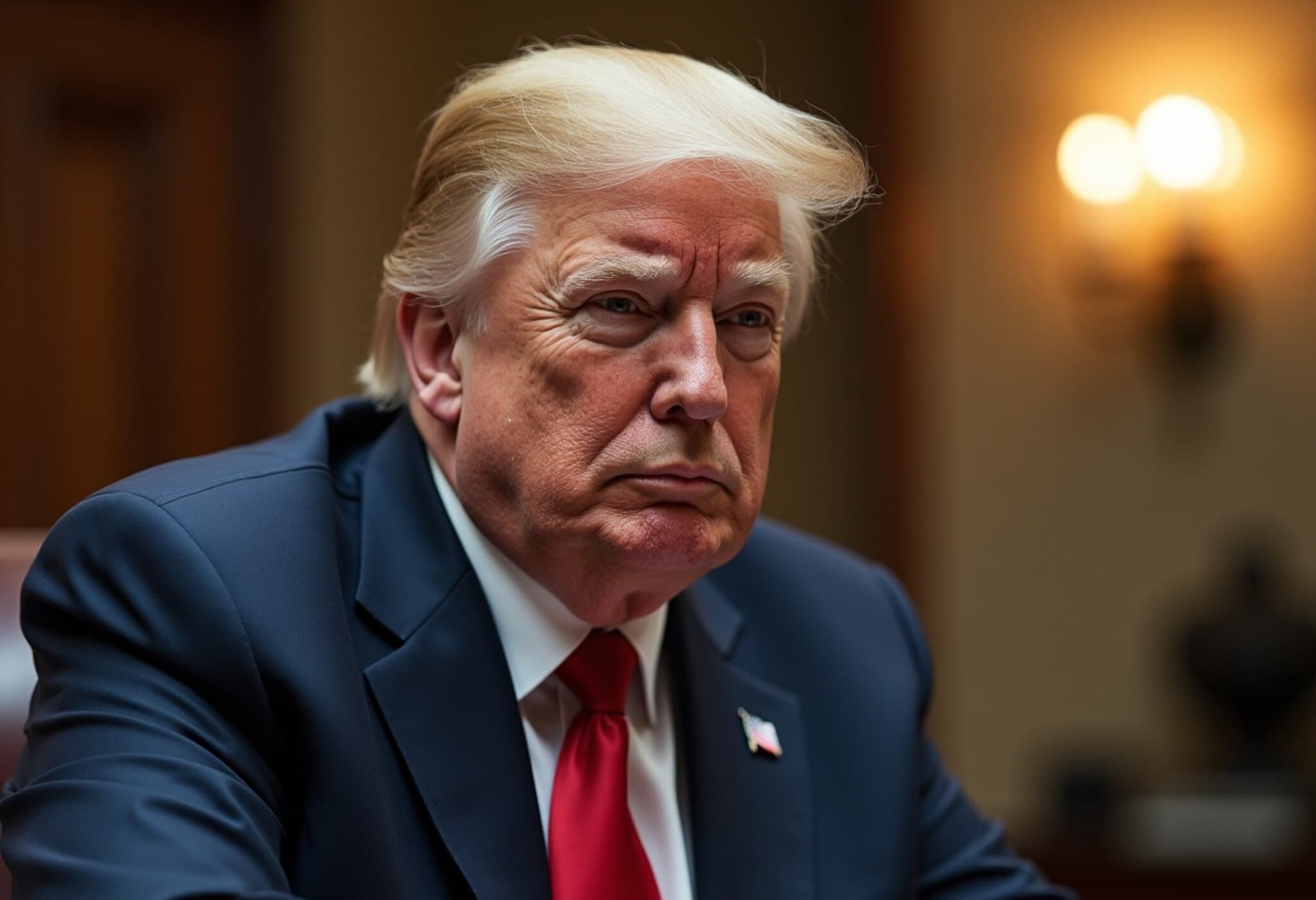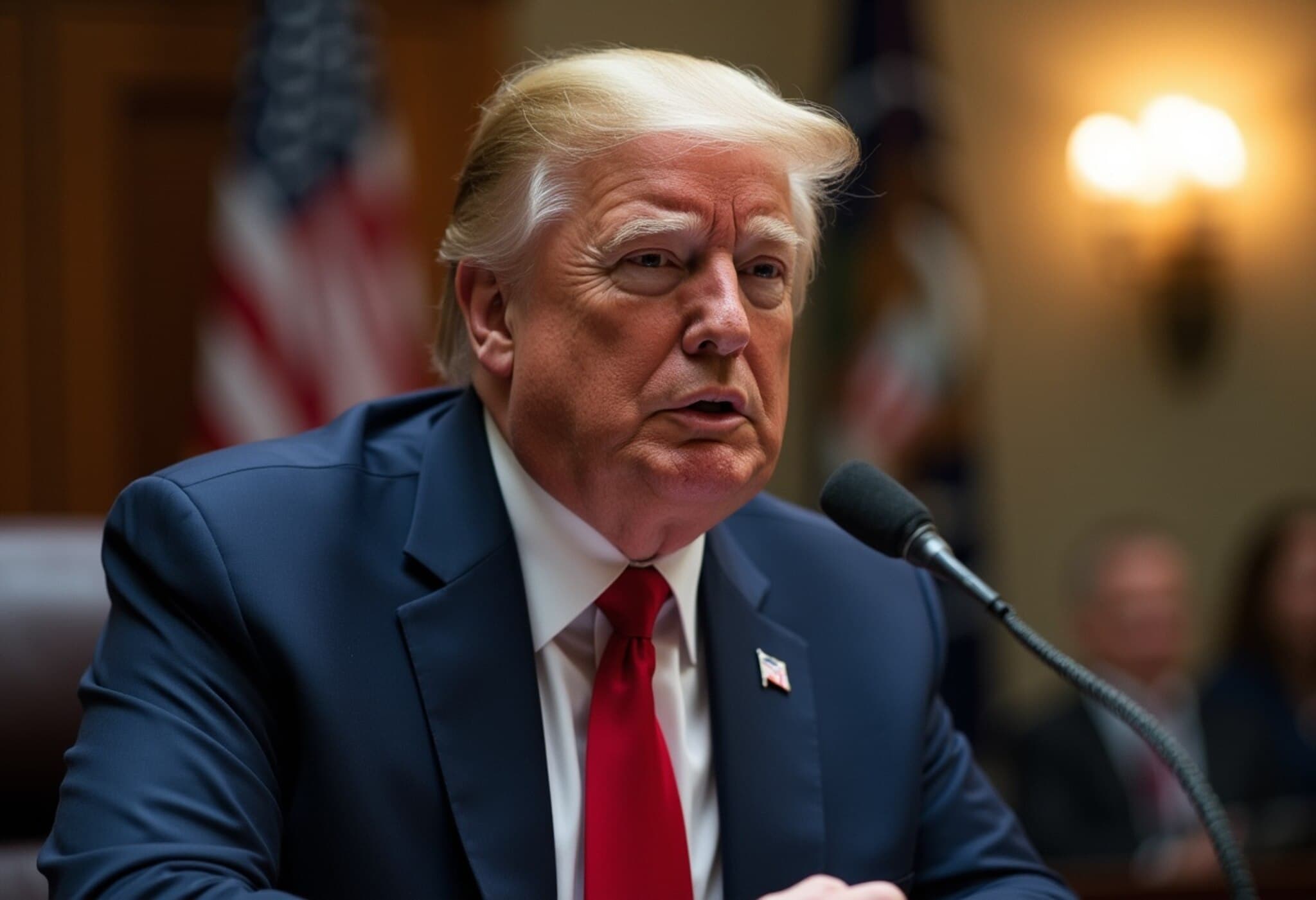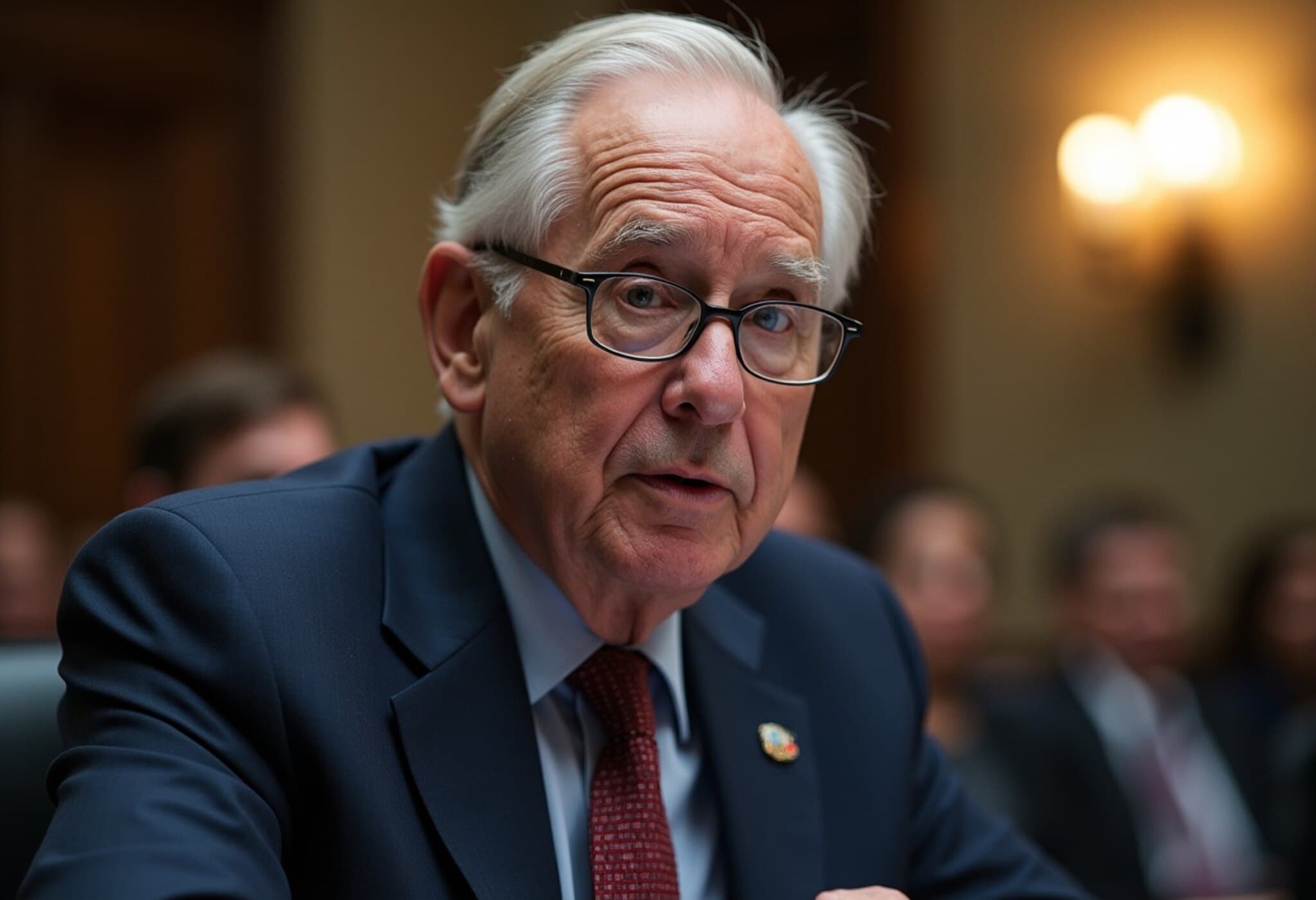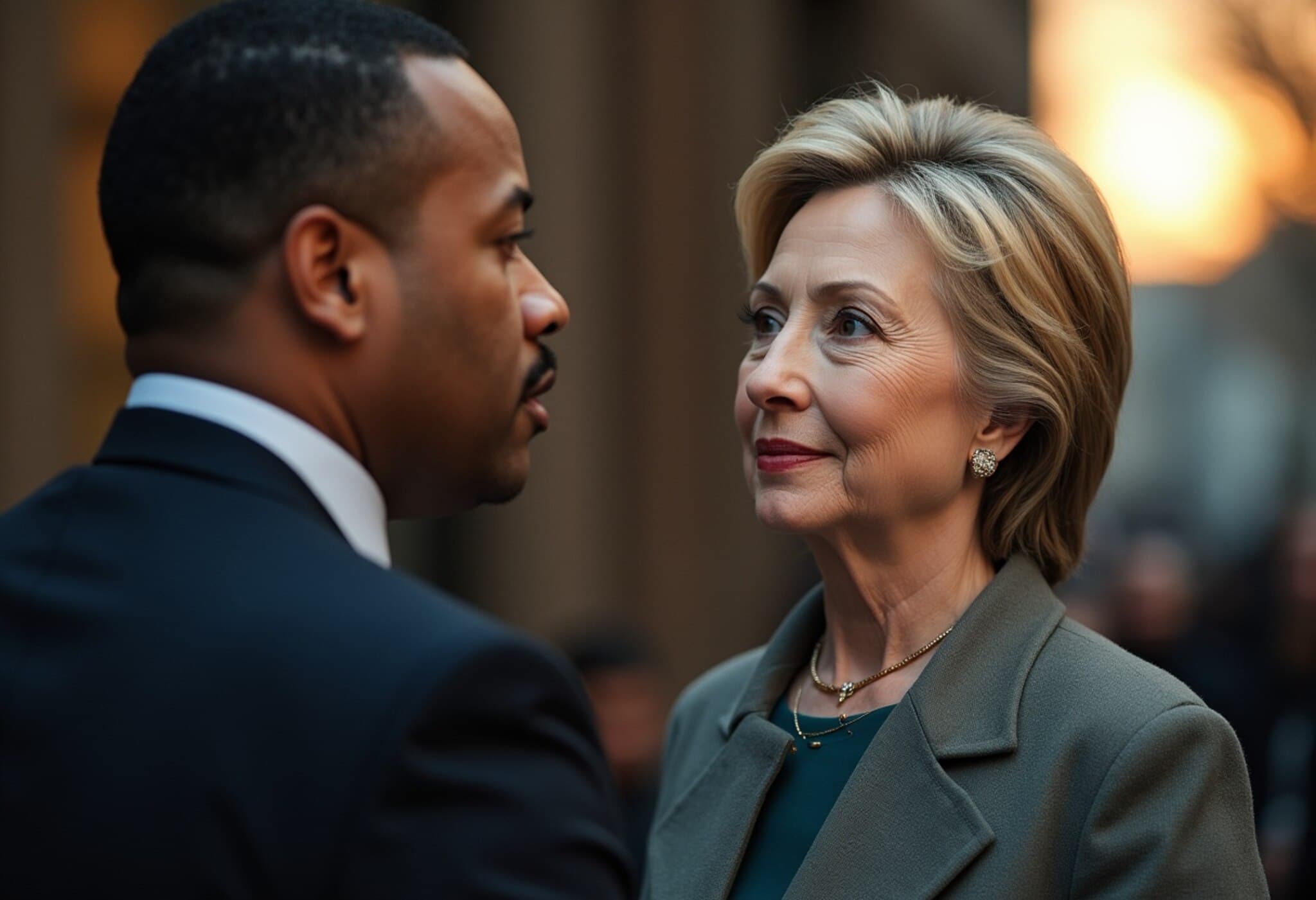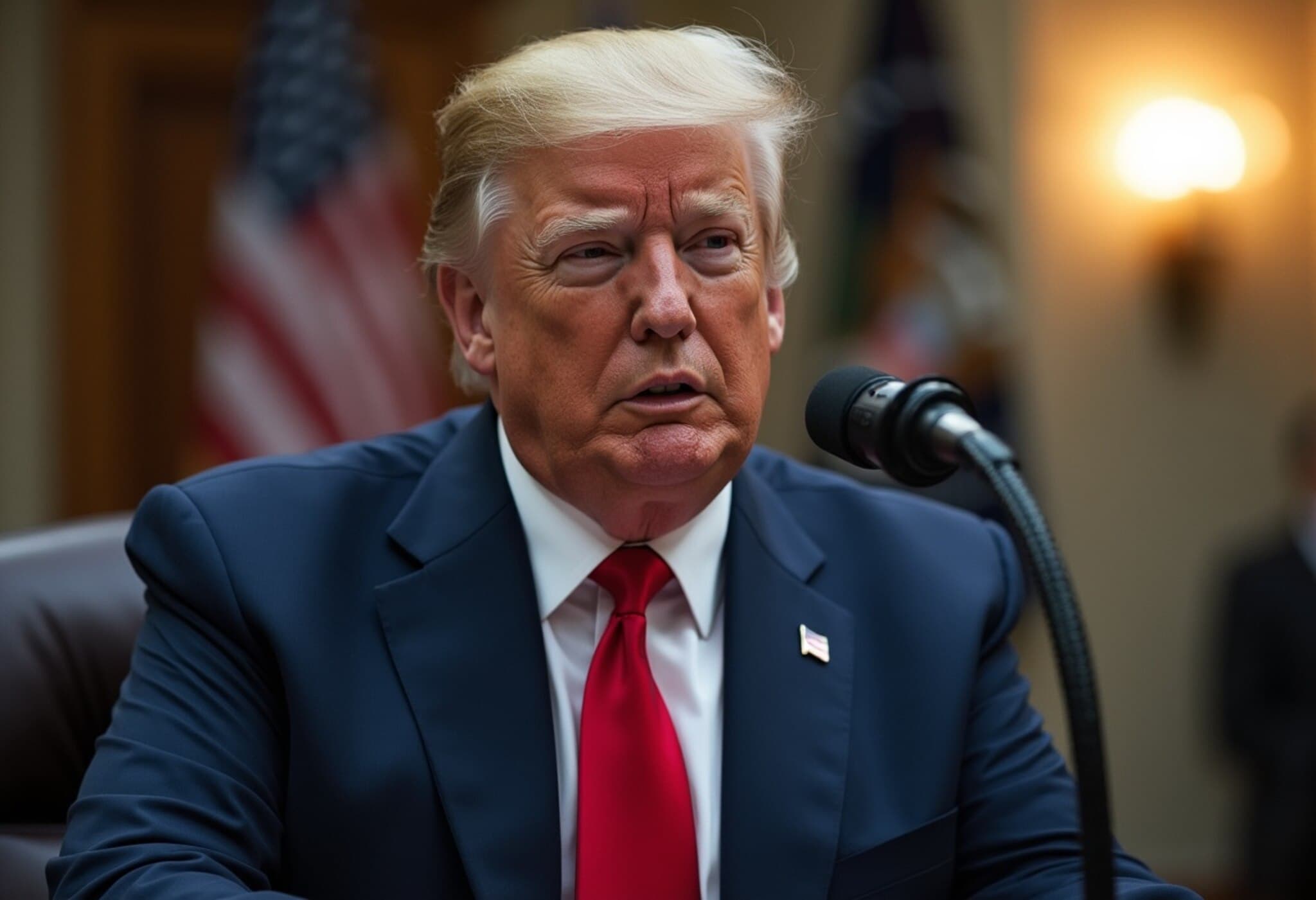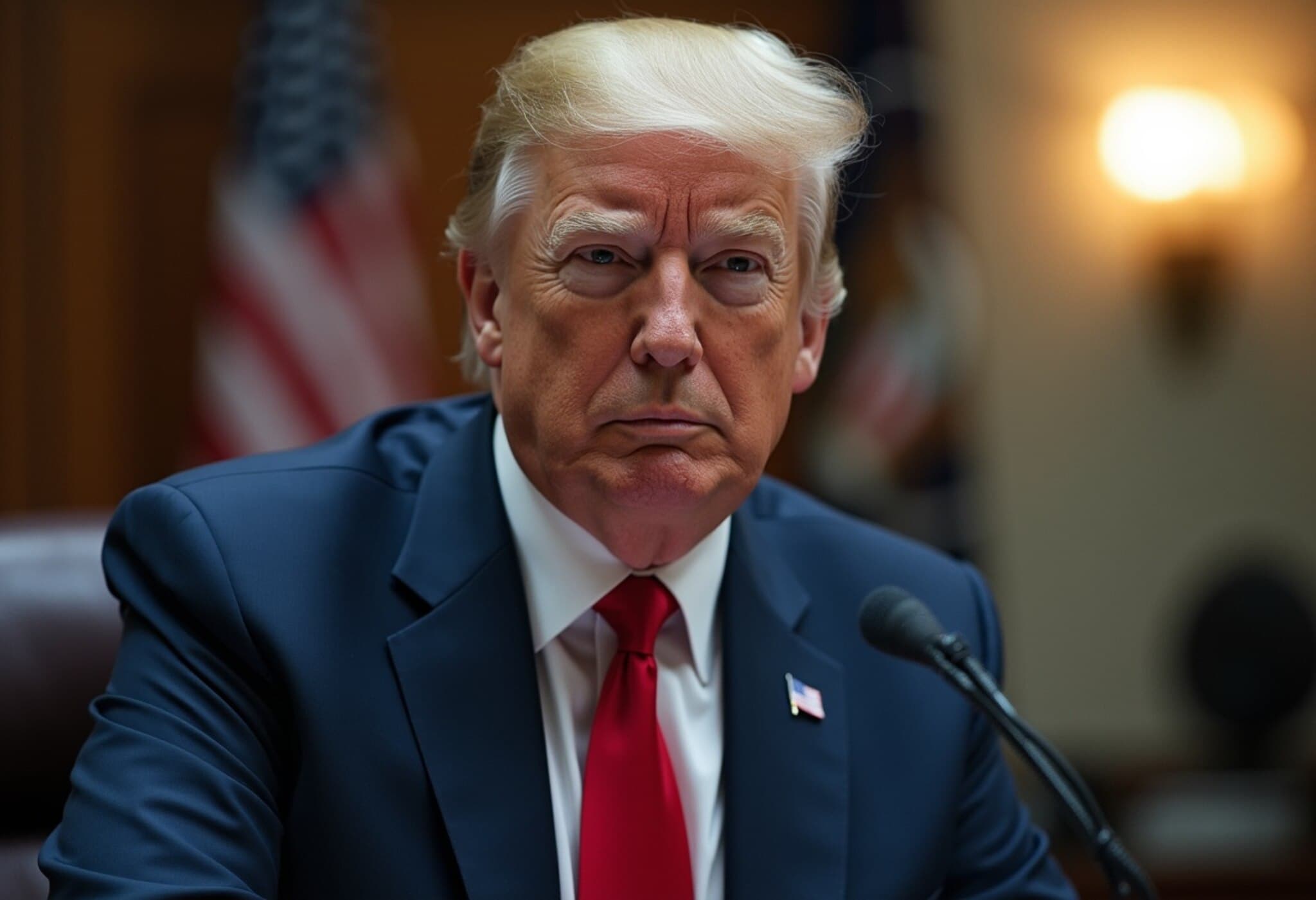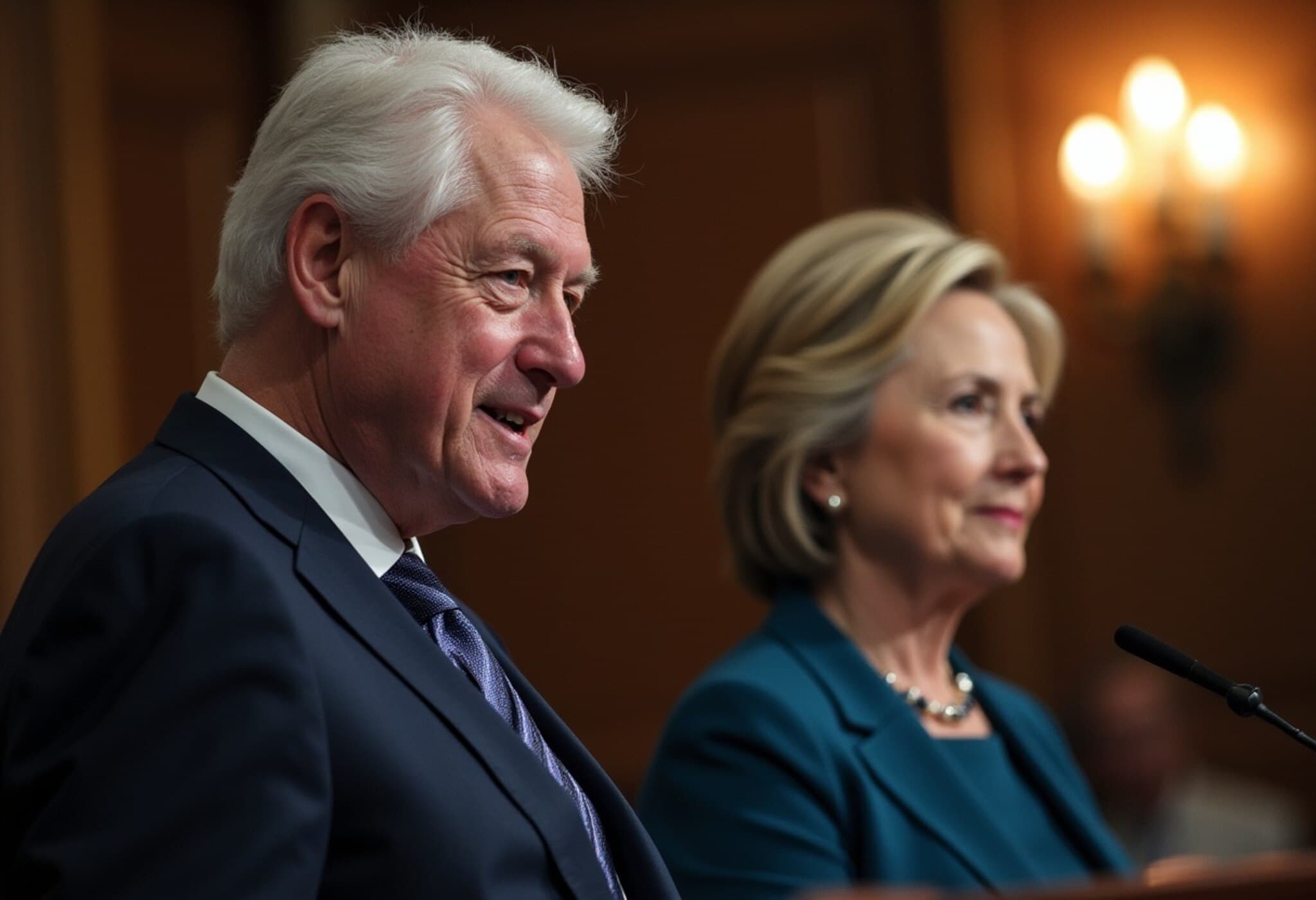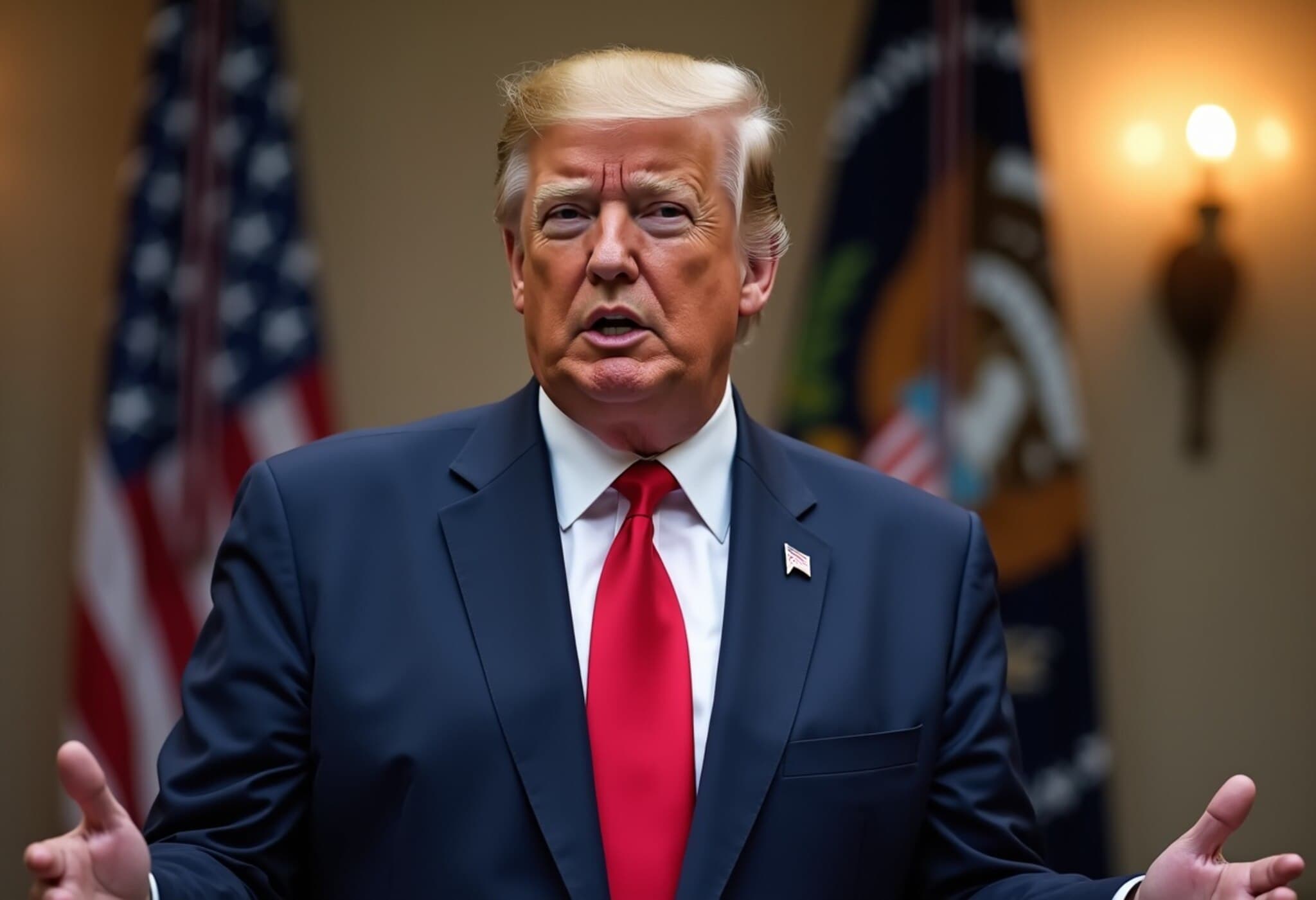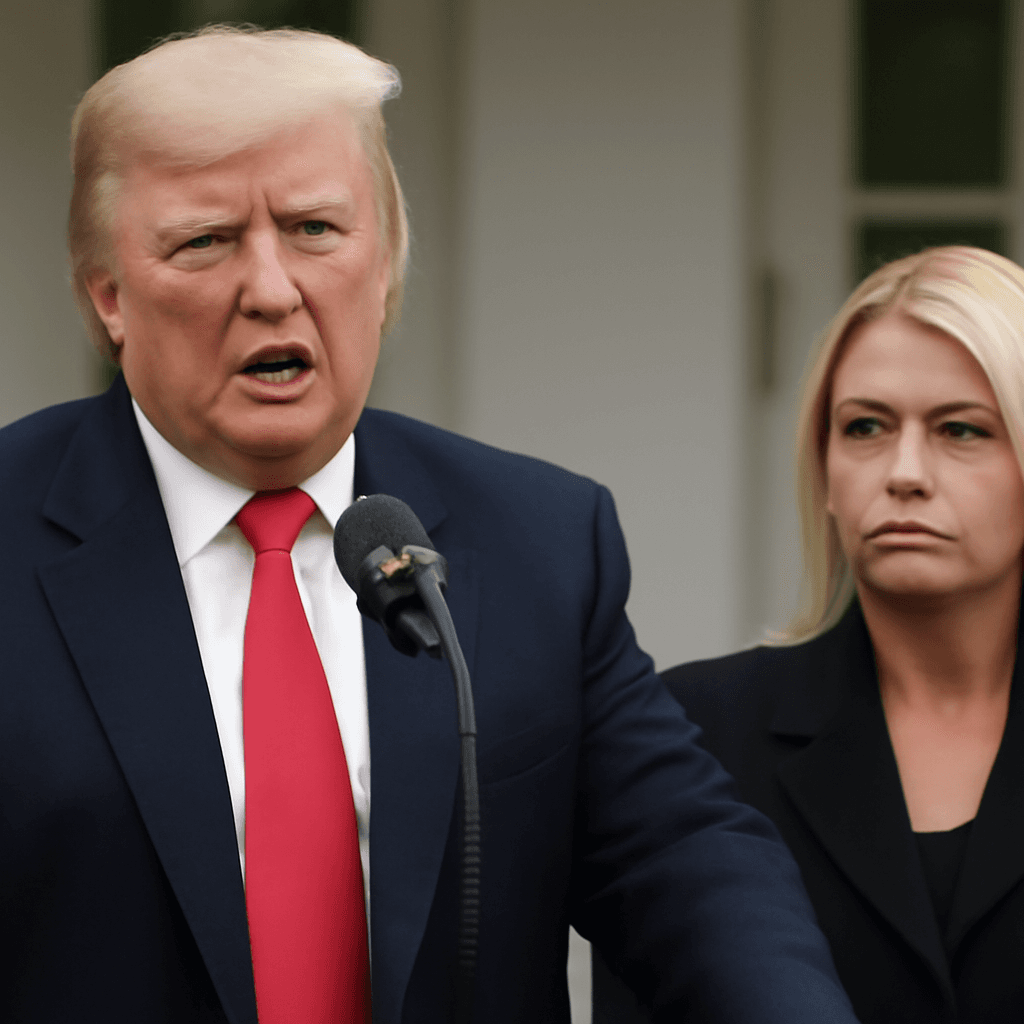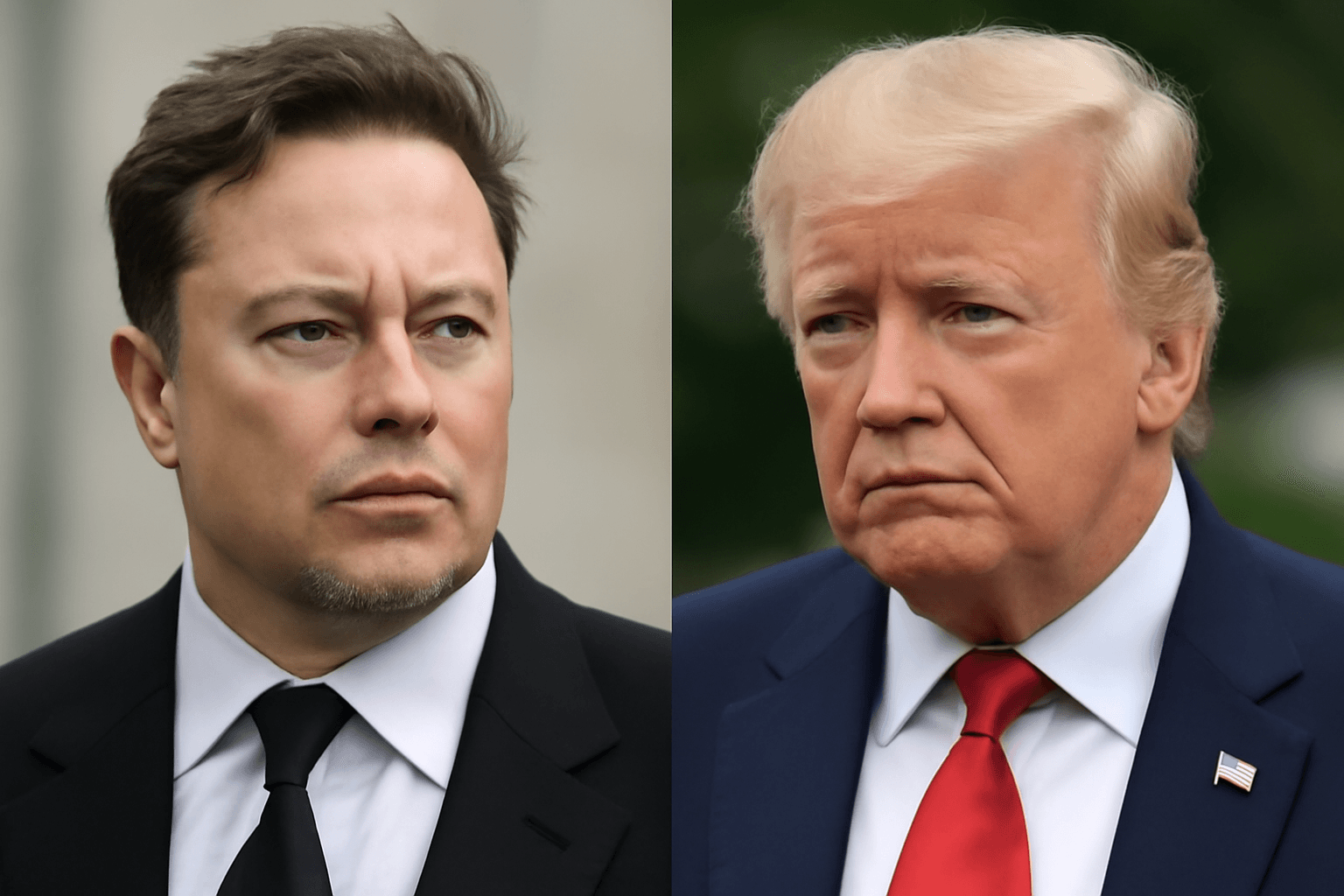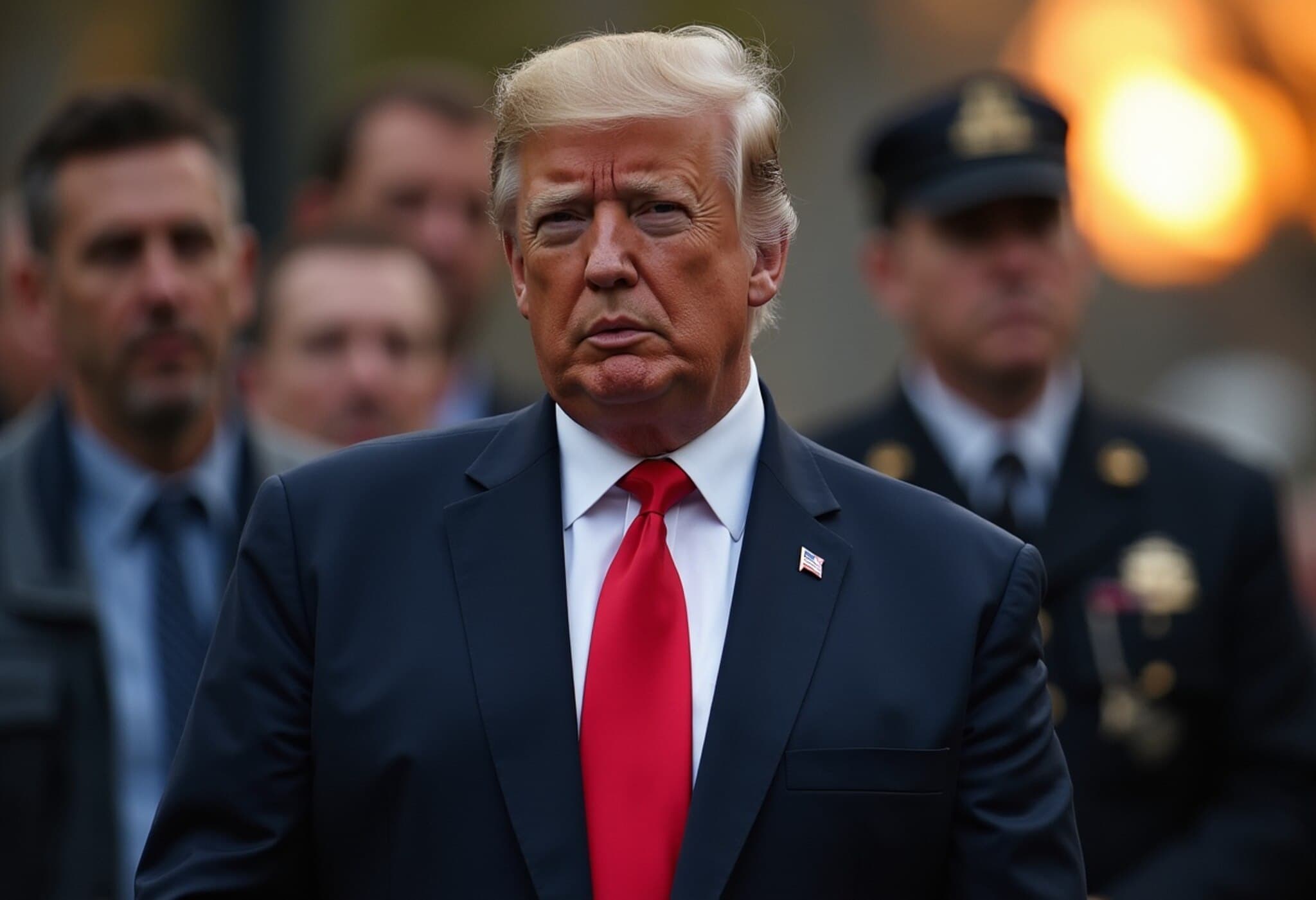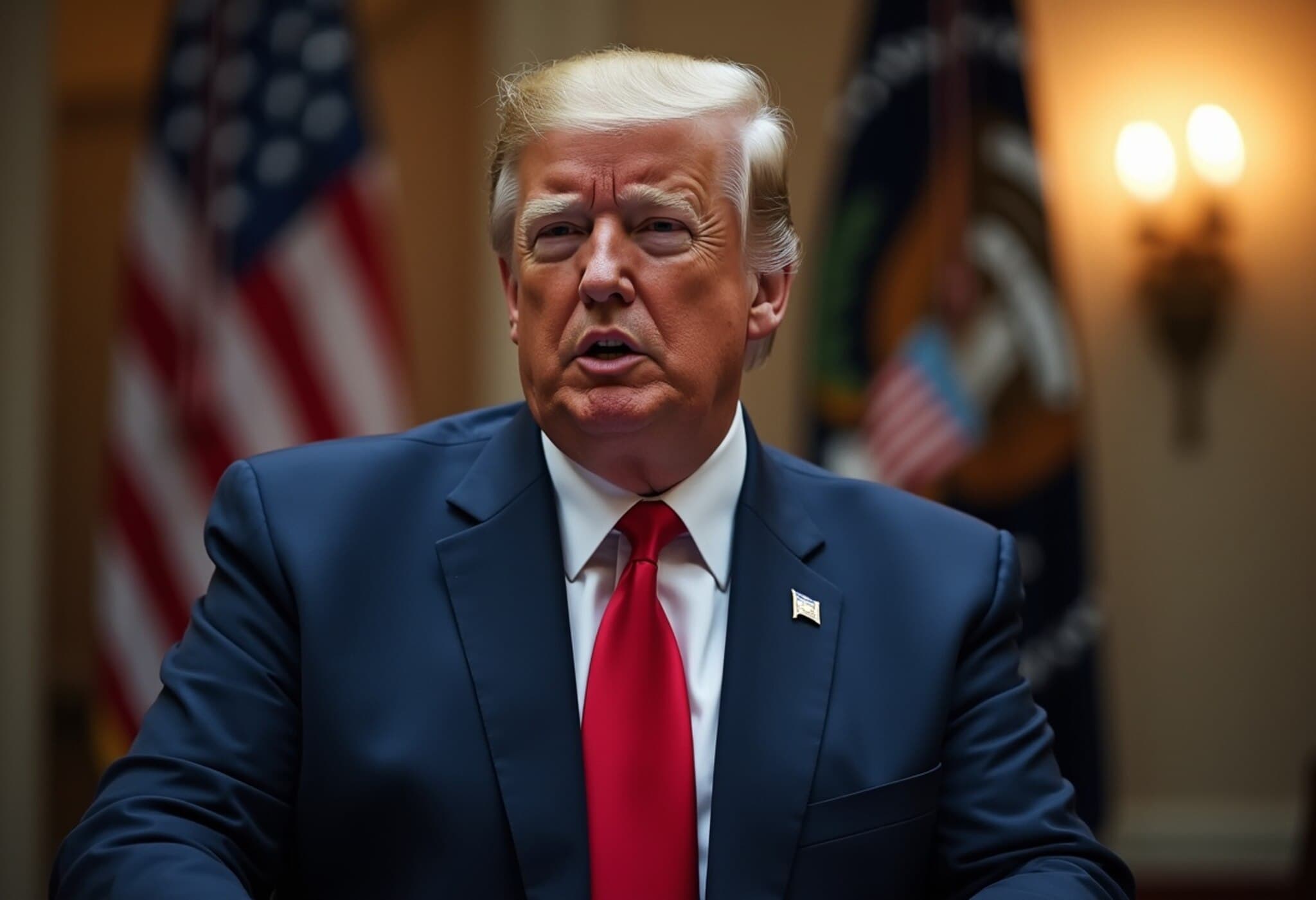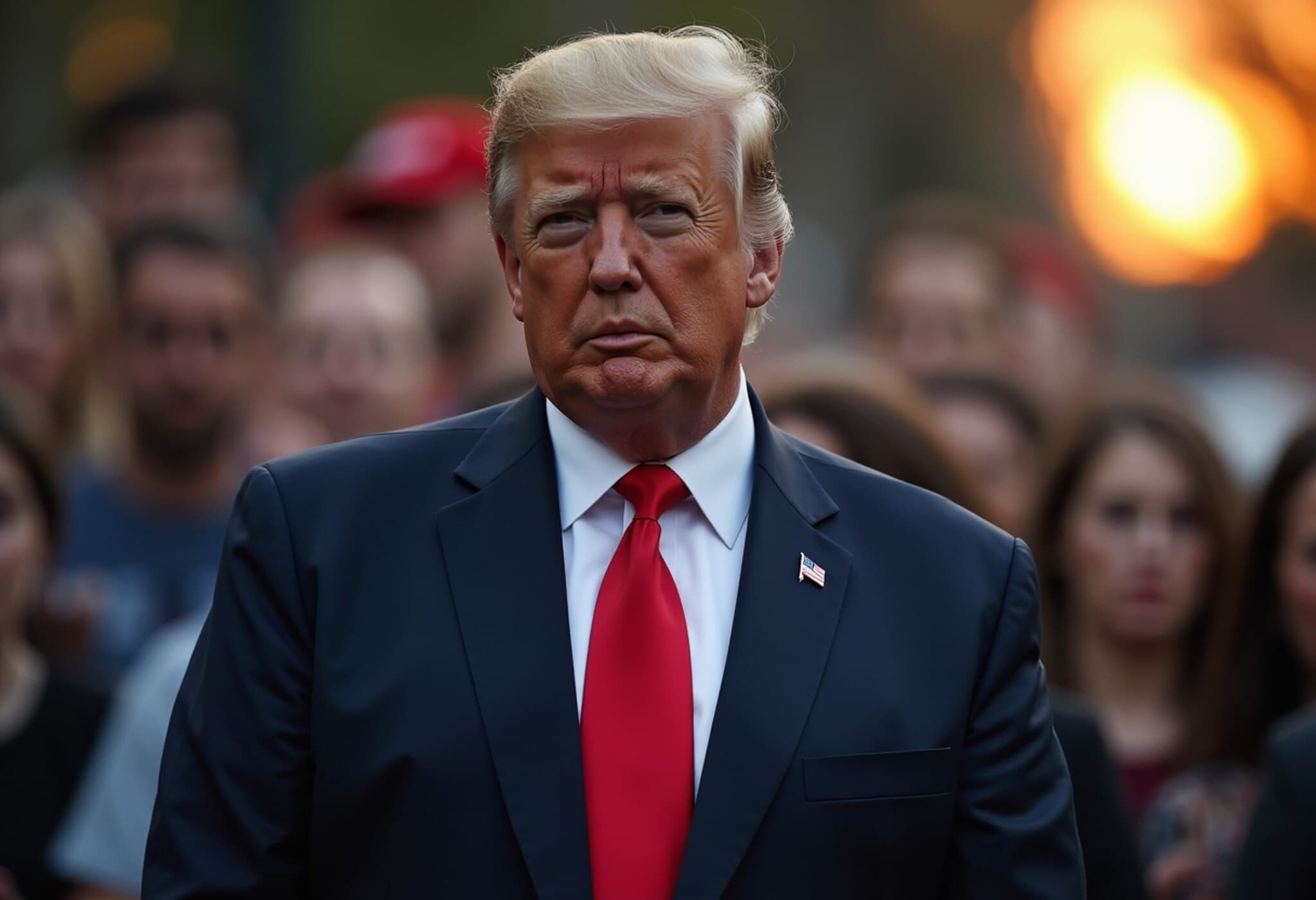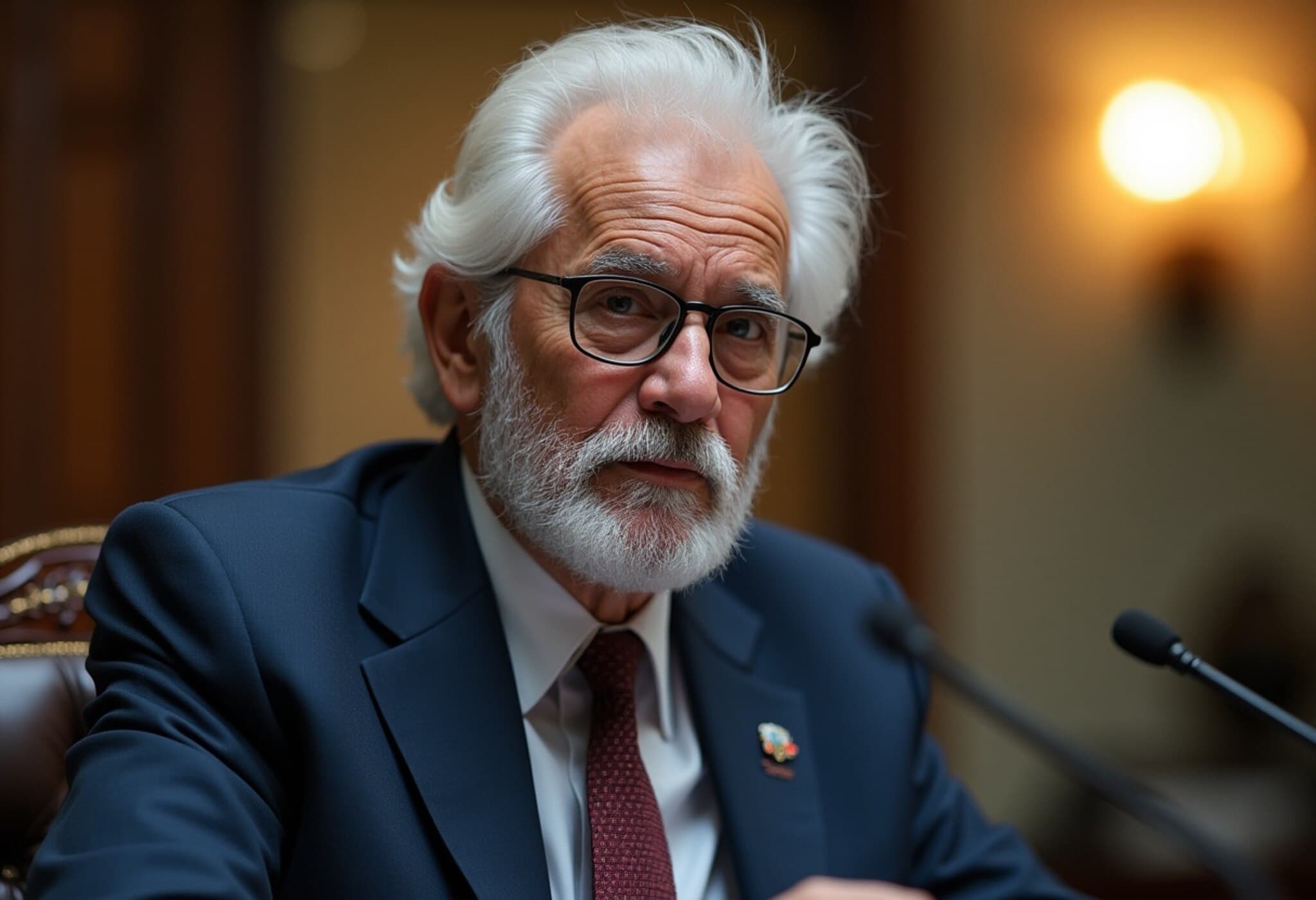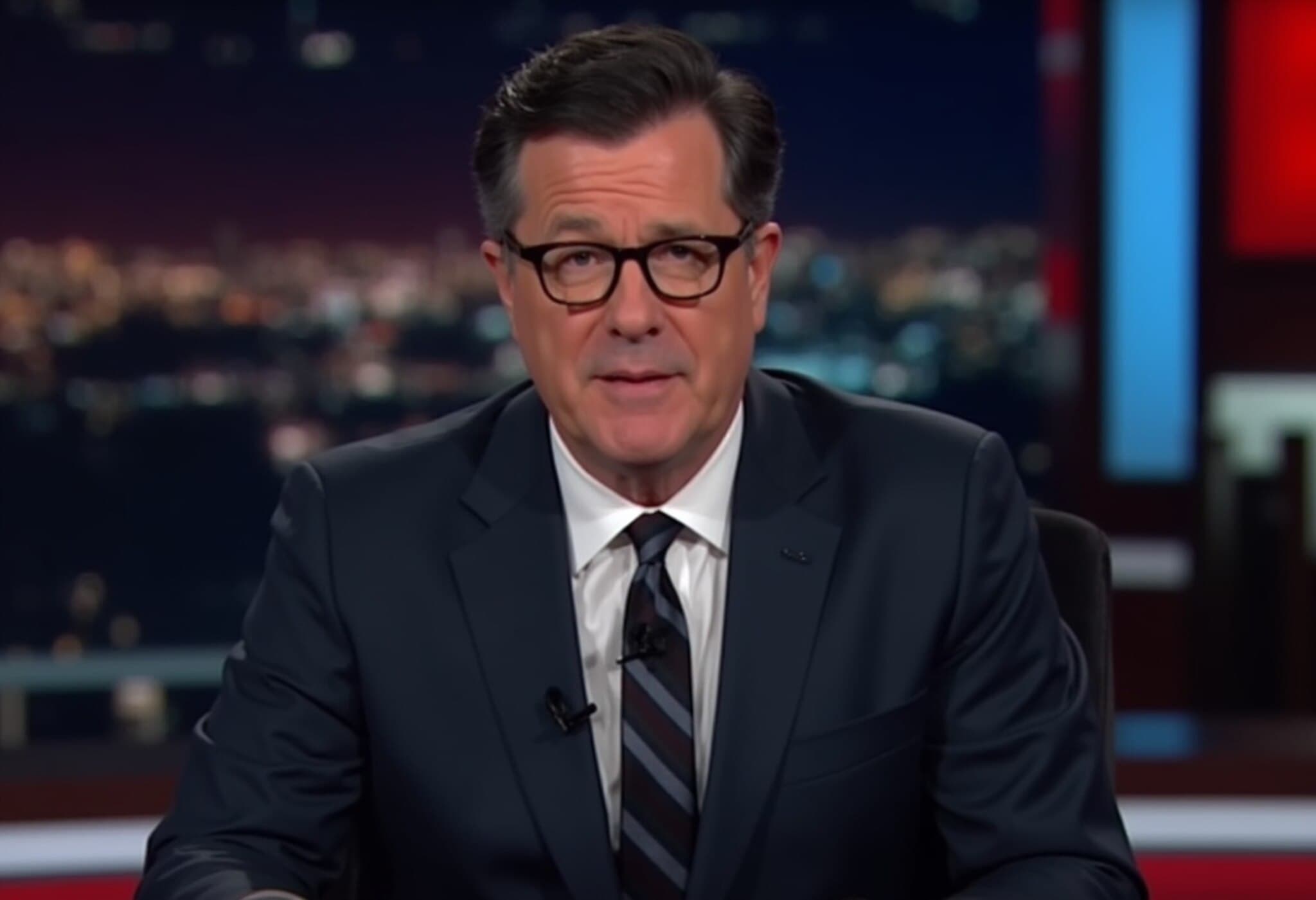Trump’s ‘Bawdy’ 2003 Birthday Letter to Jeffrey Epstein Sparks New Scrutiny
New revelations have emerged about a provocative letter President Donald Trump reportedly sent to Jeffrey Epstein for the financier’s 50th birthday in 2003. The Wall Street Journal uncovered the letter within a leather-bound album of birthday greetings Epstein received, shedding fresh light on their once-public association years before Epstein’s 2019 arrest and subsequent death.
The Letter’s Content and Context
The letter, described by the Journal as “bawdy,” features typewritten text cleverly framed by a hand-drawn outline of a naked woman — an explicit artistic touch allegedly embellished with a squiggly rendition of Trump’s signature fashioned to mimic pubic hair. The note closes with the suggestive phrase: “Happy Birthday — and may every day be another wonderful secret.”
According to reporting by Khadeeja Safdar and Joe Palazzolo, the letter originated at the behest of Ghislaine Maxwell, Epstein’s close associate later convicted for her role in facilitating sexual abuse. The missive takes the form of an imagined conversation between Trump and Epstein, written in the third person inside the figure’s outline.
Trump’s Denial and Political Reactions
President Trump vehemently denied authorship or involvement in creating the letter during a recent interview, branding the story a “fake Wall Street Journal story” with language inconsistent with his own. He threatened legal action against the newspaper for publishing the article.
Vice President JD Vance also dismissed the piece on social media as baseless and criticized the Journal for failing to provide the letter to the public prior to the story’s release, calling it “complete and utter bulls---.”
Legal and Historical Significance
This disclosure arrives amid ongoing controversy over how comprehensively the Department of Justice has released information from its investigations into Epstein and Maxwell. The birthday album containing Trump’s letter was reportedly examined by Justice Department officials who handled these high-profile cases years ago, yet it remains unclear how or why this particular document was omitted or withheld until now.
Trump maintained that his connection with Epstein ended well before Epstein pleaded guilty to state-level sex crimes involving a minor in Florida in 2008. Epstein later faced federal charges for child sex trafficking and died in a New York jail in 2019 — a death officially ruled a suicide, though it has sparked widespread speculation and conspiracy theories.
Why This Matters: Beyond the Headlines
- Public Figures and Accountability: The letter highlights discomforting aspects of the relationship between powerful individuals and accused predators, raising questions about judgment and responsibility.
- Justice Department Transparency: The sporadic release of Epstein-related documents fuels calls for greater openness to restore public trust in prosecutorial processes.
- Media Ethics and Evidence: The debate surrounding the letter’s authenticity and context underscores challenges mainstream media faces in verifying sensitive content linked to political figures.
Epstein and Maxwell: A Grim Legacy
Jeffrey Epstein’s criminal enterprise exploited countless underage victims, while Ghislaine Maxwell received a 20-year prison sentence in 2022 for her role in the trafficking and abuse operation. Their cases exposed disturbing networks of wealth, power, and abuse, profoundly impacting legal approaches to trafficking and victims’ rights.
Editor’s Note
This newly unearthed letter represents more than a salacious footnote; it is a stark reminder of how personal associations intersect with public accountability. As the Department of Justice faces scrutiny over transparency in Epstein investigations, important questions linger:
- How many other undisclosed materials related to Epstein and his network remain hidden from the public eye?
- What obligations do public figures have to disclose or distance themselves from individuals accused of crimes of this magnitude?
- How should media balance the imperative to inform against the risk of perpetuating unverified claims in politically charged environments?
For readers and policymakers, unpacking these layers is vital to grasping how power operates behind closed doors—and to ensuring justice is truly served.

